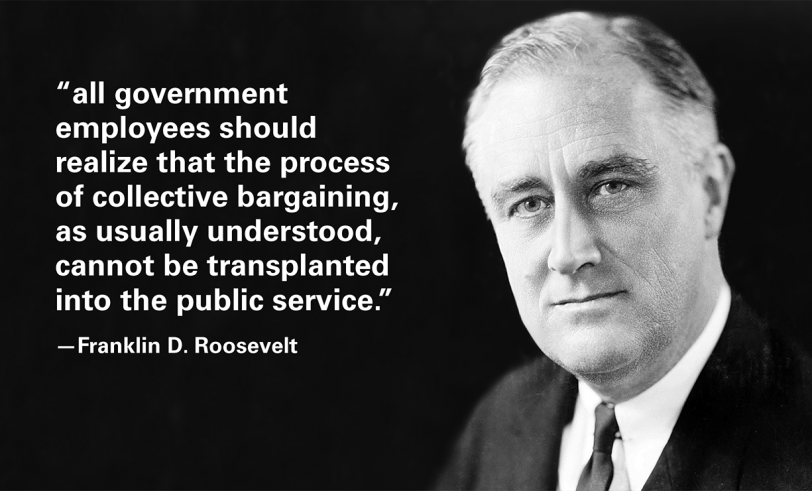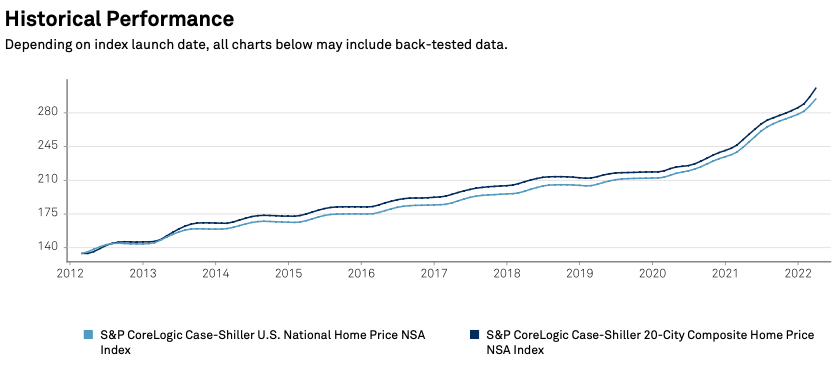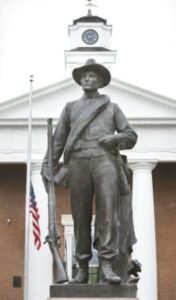 by James C. Sherlock
by James C. Sherlock
The gulf between what the City of Richmond School Board (RSB) and the Richmond City Council (RCC) on what will be negotiated with their public unions is actually an ocean.
The RSB has authorized the negotiation of virtually everything about how the schools are run. It leaves nothing off the table except the right to strike and the right to negotiate a closed shop (Virginia is still a right to work state), both of which state law still prohibits. But the unions can negotiate what are essentially the work rules of a closed shop.
In contrast, the City Council is poised to pass an ordinance on May 5th from two candidate drafts, one from Mayor Stoney and the other from three Council members. The Mayor’s version states what will be negotiated — pay and benefits. The other states what will not be negotiated with an eleven-point description of the City’s Rights and Authorities.
The City Council drafts, especially the Mayor’s, have it right. They note the City Council’s duties under the laws of Virginia and to the citizens of their city.
Not so the school board. The RSB resolution acknowledges only one stakeholder: its unions.
Unmentioned in the RSB resolution is exactly who is going to represent the city in its negotiations with its unions. Ideally it will be a team composed of City Council (finance) and School Board subject-matter experts. If so the city reps will be operating under two sets of negotiating rules in direct opposition to one another.
I’d buy a ticket, but maybe under the sunshine laws negotiations will be on TV. Continue reading →


 by James C. Sherlock
by James C. Sherlock


 by Dick Hall-Sizemore
by Dick Hall-Sizemore
 by James C. Sherlock
by James C. Sherlock

 by James C. Sherlock
by James C. Sherlock
